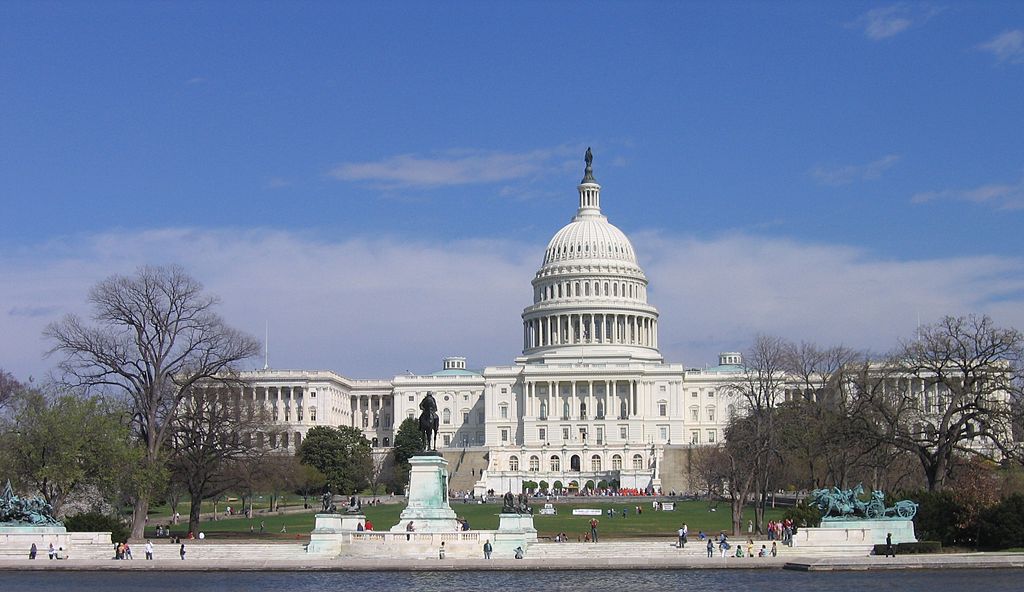Democrats unveil price plan targeting 250 big-spend drugs

The Democrat plan to reduce medicines prices in the US has been published, confirming the intention to allow the federal government to negotiate prices of 250 key medicines.
The main thrust of the Drug Price Negotiation Bill was published earlier this month – to the consternation of the pharma industry – and the final version announced by House Speaker Nancy Pelosi sticks to that framework pretty closely. At the moment the federal government is prohibited from negotiating drug prices.
The latest version of the bill would allow the Department of Health and Human Services (HHS) to negotiate with companies on the prices for the 250 prescription drugs that cost Medicare the most every year – including insulin – and do not have at least two competitors.
The discounts would also be applied to private health insurance plans. One change from the draft is that 250 will be the maximum number of drugs subject to negotiation, while that was the minimum number in the earlier draft.
As before, the maximum price negotiated for the 250 drugs must be no more than 1.2 times the average price levied in six index countries – namely Australia, Canada, France, Germany, Japan and the UK – and if companies fail to adhere to that they will face punitive measures.
Penalties would start at 65% of the gross sales of a product in the prior year – a little lower than the 75% cited in the earlier draft – but would increase by 10% each quarter the manufacturer doesn’t reach an agreement.
There would also be penalties for companies that raise the price of medicines above the underlying rate of inflation, while out-of-pocket costs for Medicare beneficiaries would have a maximum of $2,000.
The Democrat plan for reference pricing is pretty close to the proposals put forward by President Trump but so far has made little headway with Republican lawmakers, particularly a core group that resist any notion of Medicare negotiations.
Politico points out that the Democrat bill puts pressure on Trump to deliver on pricing, a key campaign pledge in the 2016 election that ranks high on the list of public concerns in polls.
It is expected to be tabled in the House this autumn and if a bipartisan agreement can’t be reached the two parties will have to slug it out on the issue during the 2020 electioneering.
Chief executive of drug industry body PhRMA, Stephen Ubl, reiterated the view that the plan “would end the current market-based system that has made the US the global leader in developing innovative, lifesaving treatments and cures.”
It would also import price controls from other countries that restrict access to new drugs, and “upend” Medicare Part D covering drugs taken at home by older patients.
PhRMA is lobbying for a different approach based on “sharing negotiated savings with patients at the pharmacy counter, lowering coinsurance in Medicare Part D, increasing transparency on patients’ costs, [and] promoting value-based contracts.”













